Consortium
ACCTING relies on a consortium of 12 European partners and about 100 researchers in over 30 countries.
The consortium’s strength is based on partners’ extensive knowledge of qualitative and quantitative research on inequality, policy impact and climate change, as well as their proven ability to transform academic results into operational tools and to disseminate knowledge.
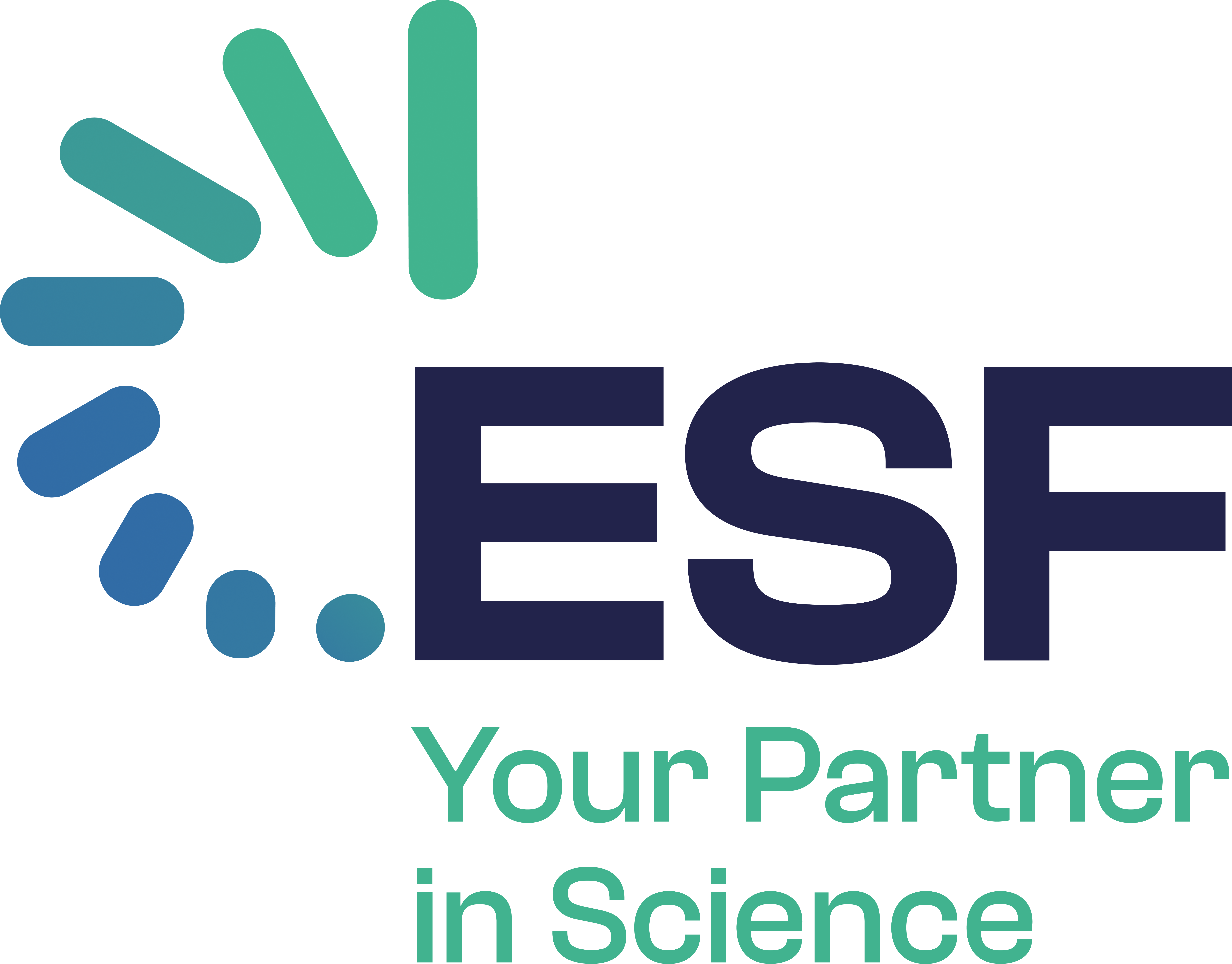
European Science Foundation (France)
The European Science Foundation (ESF) is a non-profit organisation that supports scientific research across Europe by providing high-quality, independent science operations to the European Research Area. Their core activities include Research Project Grant Evaluation, coordination of European projects, funding programmes and administration of scientific platforms.
They have considerable background acting as ‘Project Office’ for EC projects, coordinating and communicating a wide range of pan-European scientific initiatives, programmes and H2020 projects.
ESF is ACCTING’s coordinator. ESF also ensures effective impact of the project’s findings, focusing specifically on communication and dissemination.
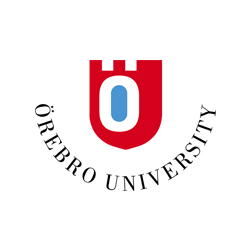
Örebro University (Sweden)
Örebro University (ORU) is a comprehensive multi-faculty university and one of the fastest-growing universities in Sweden with 15,200 students, 400 PhD students and 1,500 staff, including 125 professors.
The Center for Environmental and Sustainability Social Science provides a platform to bring together environmental and sustainability researchers and create synergies within sociology, psychology, and political science. It also promotes collaboration with adjacent disciplines to strengthen social science research about environmental and sustainability issues. The Center for Feminist Social Studies is one of the leading research institutions in gender studies in Sweden and hosts a research programme entitled “Gender, Society and Change”.
ORU is ACCTING’s scientific coordinator. ORU leads the collection and analysis of data on individual, collective and organisational change and changing social practices in the context of the Green Deal. They also oversee the dissemination of the new knowledge created by the project’s research activities.

Yellow Window (Belgium)
Yellow Window (YW) is a multidisciplinary consultancy specializing in product, service and policy design, with considerable expertise in the fields of gender equality and social innovation. They have extensive experience in designing research methodologies, collecting and analysing complex and comprehensive data, drafting thorough and accessible reports communicating the research findings, and translating them into concrete (policy) recommendations.
YW has developed various toolkits in support of policy implementation, including the GEAR tool for the European Commission and EIGE.
YW leads the translation of research results into insights for policymakers and promotes the uptake of the guidelines and the future research agenda. They also contribute to the collection and analysis of data on several topics.
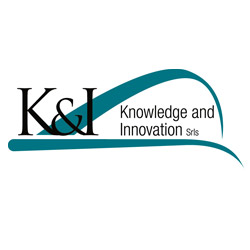
Knowledge and Innovation (Italy)
Knowledge and Innovation (K&I) is a research organisation committed to increasing the relevance and effectiveness of social science in interpreting the profound processes of change affecting contemporary societies. One of K&I’s main focuses is the emergence of new forms of science governance, due to increasingly complex interactions with wider sectors of society (public sector, industry/business, civil society organisations/citizens, etc.), the functioning and role of scientific and technological research organisations.
They run projects on issues such as ecological responsibility and energy transition, socialisation of scientific research, public engagement with science and responsible research and innovation (RRI), and gender equality in science.
K&I sets up the impact evaluation framework of ACCTING outcomes, to assess both actual and potential impact of experimental studies and pilot actions in terms of behavioural change related to the European Green Deal. They also oversee the collection and analysis of data on the adoption of pro-environmental behaviours by small and micro entrepreneurs, and on post-lockdown sustainable mobility issues.
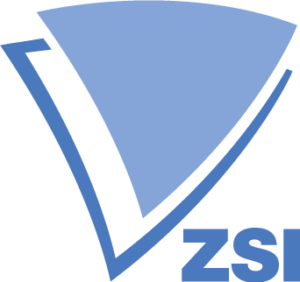
Centre for Social Innovation (Austria)
The Centre for Social Innovation (ZSI) is a private, non-profit institute for applied social sciences. The ZSI contributes to alleviating social challenges by providing scientific evidence for decision-making and by developing concepts for implementation of interventions in various policy and societal areas. They have strong competences in participatory research and outreach to society.
The ZSI contributes to projects related to the Green Deal and conducts case studies on topics such as climate ambition, clean and secure energy, circular economy, mobility, farm to fork and biodiversity.
ZSI leads the work on biodiversity and land use restrictions and contributes to the collection and analysis of data on several topics. They also participate in the monitoring of the pilot actions and are involved in the evaluation of the impacts of the project’s experimental activities.
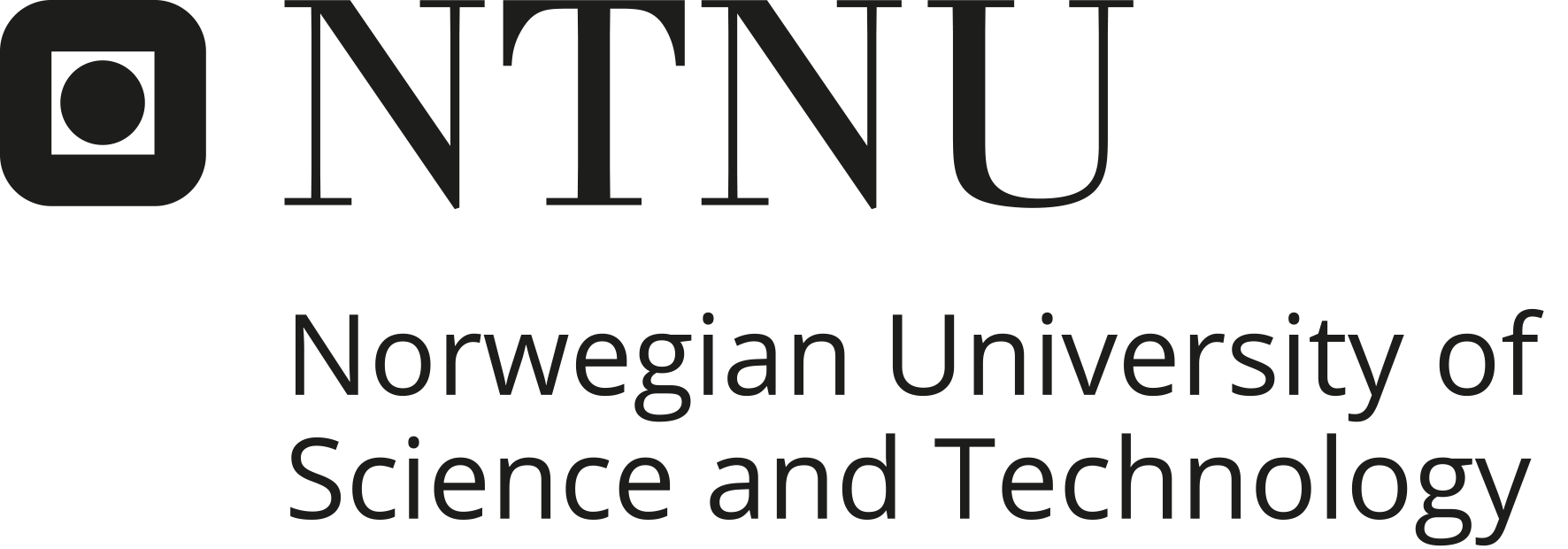
Norwegian University of Science and Technology (Norway)
The Norwegian University of Science and Technology (NTNU) is the largest university in Norway. There are about 39,700 students and 6,900 full-time equivalent staff. Through interdisciplinary cooperation, NTNU’s strategic research aims to address complex challenges of great importance to society in the following areas: Energy, Health, Oceans and Sustainability.
NTNU’s research on sustainable development of society tackles environmental, economic and social aspects in the broadest sense.
NTNU leads the mapping of existing bottom-up initiatives that impact Green Deal policies and oversees the collection and analysis of data on energy poverty and community energy schemes. They also contribute to the development of pilot actions and are involved in the evaluation of the impacts of the project’s experimental activities.
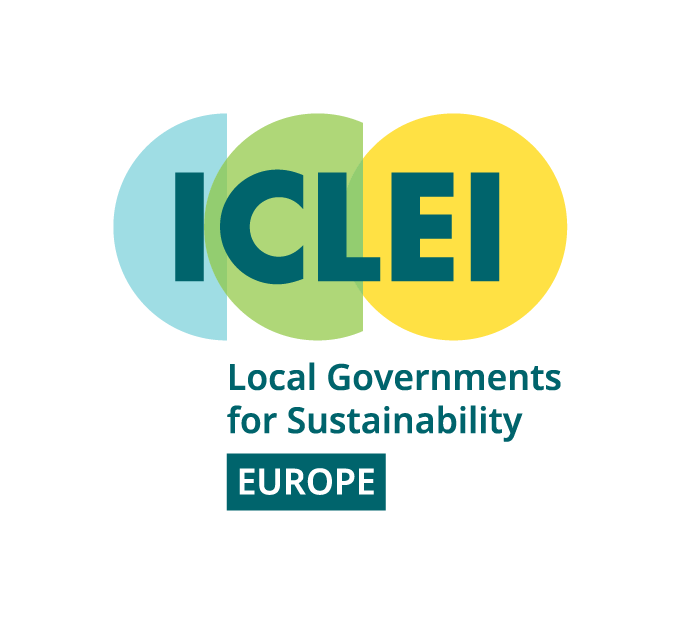
ICLEI – Local Governments for Sustainability (Germany)
ICLEI – Local Governments for Sustainability (ICLEI) is a global network of more than 2500 local and regional governments committed to sustainable urban development. ICLEI Europe provides its members in Europe, the Middle East and West Asia with a voice on the European and international stage, a platform to connect with peers and tools to drive positive environmental, economic and social change. ICLEI Europe works closely with an extended network of local and regional governments and partners on a broad range of topics.
Active in 125+ countries, they influence sustainability policy and drive local action for low emission, nature-based, equitable, resilient and circular development. Members and team of experts work together through peer exchange, partnerships and capacity building to create systemic change for urban sustainability.
ICLEI Europe leads the development of pilot actions and involves local policymakers in the co-creation activities. They also participate in the promotion of the project guidelines and results.
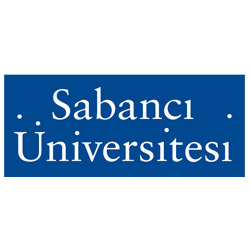
Sabancı University (Turkey)
Sabancı University (SU) ranks among the highest rated research institutions in Turkey. SU offers a highly interdisciplinary education to approximately 4,050 undergraduate and 1,014 graduate students and employs more than 700 staff members.
SU Gender (Sabancı University Gender and Women’s Studies Center of Excellence) has emerged as one of the most vibrant gender and women’s studies centres in Europe, undertaking cutting-edge research with a gender+ perspective, as well as engaging in high social impact programs with NGOs, activists, artists, high-school teachers, and young people. They have extensive disciplinary expertise in anthropology, sociology and gender studies; methodological expertise in qualitative methods, comparative case studies, life histories, interviews, ethnography; as well as specific expertise in research on inequalities and marginalised groups.
SU supports the mapping of existing bottom-up initiatives and defines the framework for participatory research. They also contribute to the collection and analysis of data on several topics.

The Institute of Geography and Spatial Planning of the University of Lisbon (Portugal)
The Institute of Geography and Spatial Planning of the University of Lisbon (IGOT) is a pioneering project within the Portuguese higher education system, being the only school in Portugal dedicated entirely to teaching and research on Geography and Spatial Planning
The Center of Geographical Studies (CEG) has expertise in various fields, such as sustainable agriculture and local development, climate change impacts, international migration and integration, inequalities and marginalised groups. They also have extensive experience in qualitative, quantitative and participatory methods, namely interviews, narratives, ethnographic methods and participatory GIS (Geographical Information Systems).
IGOT leads the work on improving food security and promoting healthy diets in vulnerable communities. They also contribute to the collection and analysis of data on several topics and are involved in the evaluation of the impacts of the project’s experimental activities.
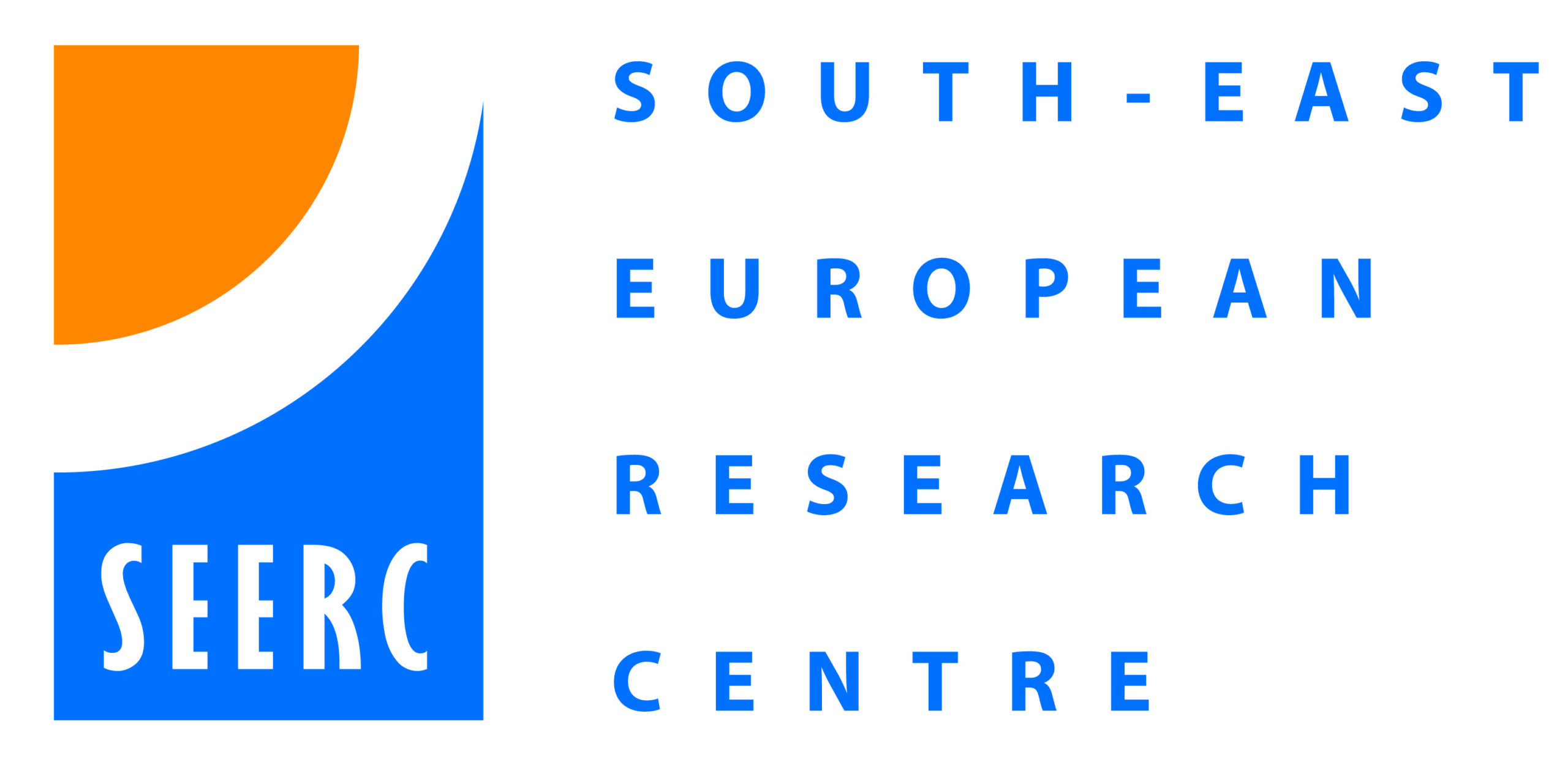
South-East European Research Centre (Greece)
The South-East European Research Centre (SEERC) is a research centre of CITY College, University of York Europe Campus, established as a non-profit, legal entity in Thessaloniki, Greece. It is conducting multidisciplinary research in the fields of Enterprise, Innovation and Development, Information and Communication Technologies, and Society and Human Development. SEERC’s mission is to support the stable and peaceful development of South-East Europe by conducting pure and applied research in and for the region. SEERC received the Best Think-Tank in South-East Europe Award at the 2016 World Business Angels Investment Forum.
SEERC contributes to projects related to the Green Deal such as sustainable agriculture, food waste reduction, energy efficient buildings, transport and sustainable mobility. They also have strong expertise in responsible research and innovation methodologies and in facilitating open science.
SEERC leads the development of solutions and their implementation through pilot actions. They oversee the study of the values associated with environmentally sustainable food consumption. They are also involved in the evaluation of the impacts of the project’s experimental activities.

Alexandru Ioan Cuza University of Iasi (Romania)
Alexandru Ioan Cuza University of Iași (UAIC) is the oldest higher education institution in Romania, carrying on a tradition of excellence and innovation in the fields of education and research. UAIC enrols more than 22,600 students and has about 1,850 employees, of which 730 are teaching staff.
They have experience in developing studies on environmental attitudes and behaviours (such as decarbonization, transportation choices, recycling, etc.) and expertise in research on vulnerable populations.
UAIC contributes to the design and actual mapping of bottom-up initiatives and the collection and analysis of data on several topics. They also participate in the development of recommendations and future research agendas.

European Citizen Science Association (Germany)
The European Citizen Science Association (ECSA) is an influential association in Europe and beyond that supports and advocates for public participation in science. It promotes citizen science as a tool for evidence-based policy and sustainable development.
Their vision is that citizens are recognised and empowered as key actors in promoting and supporting sustainable development in our world. Citizen science is a relevant approach to improving the evidence base for environmental, biodiversity and climate change policies, in Europe and globally.
ECSA oversees the production of operational guidelines and recommendations for decision and policy makers. They are also involved in promoting the results.

University of Gothenburg (Sweden)
The University of Gothenburg tackles society’s challenges with diverse knowledge. 56,000 students and 6,600 employees make the university a large and inspiring place to work and study. Strong research and attractive study programmes attract scientists and students from around the world. With new knowledge and new perspectives, the University contributes to a better future.
Newsletter
Keep up to date with the latest project news, developments, and results.
